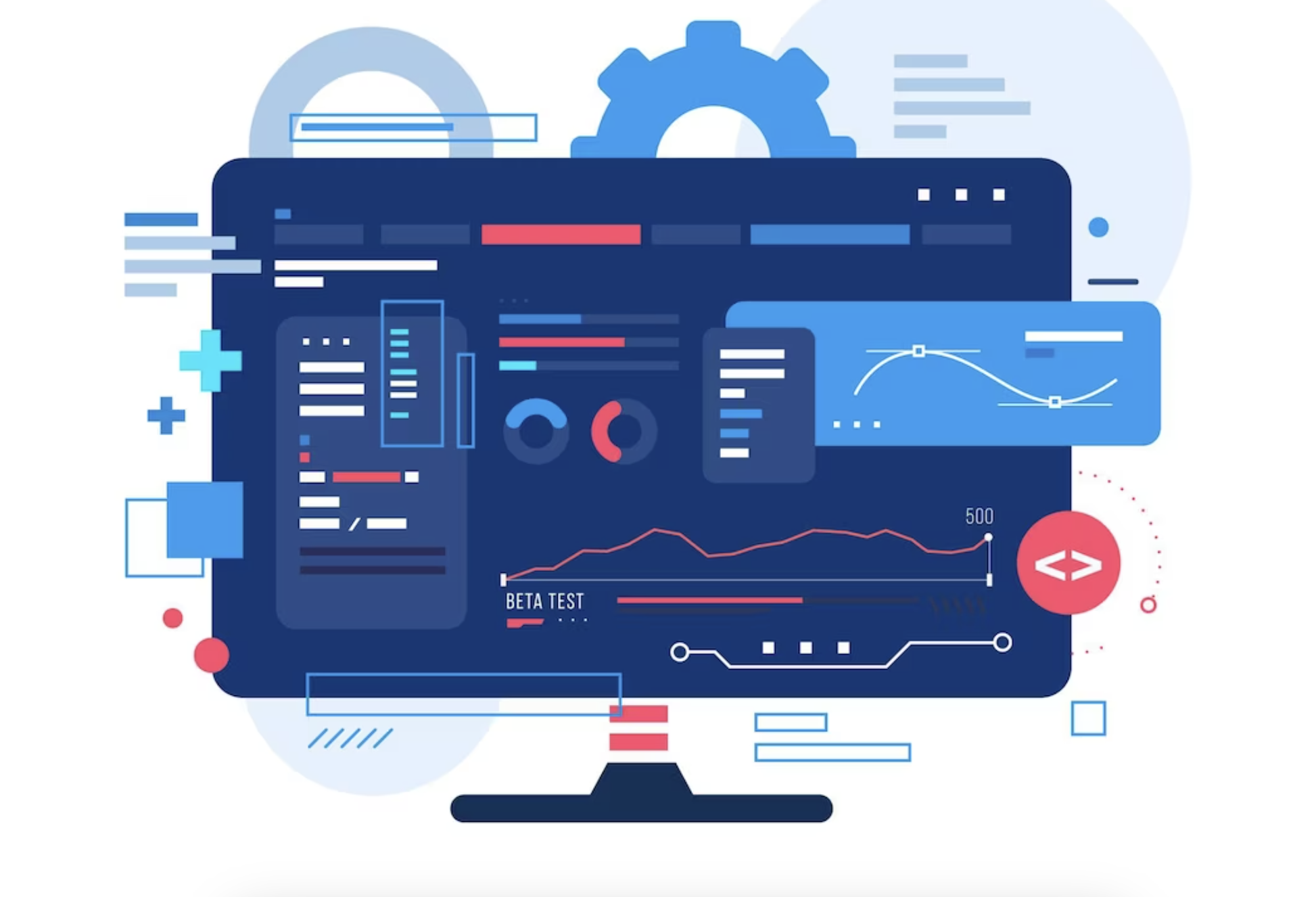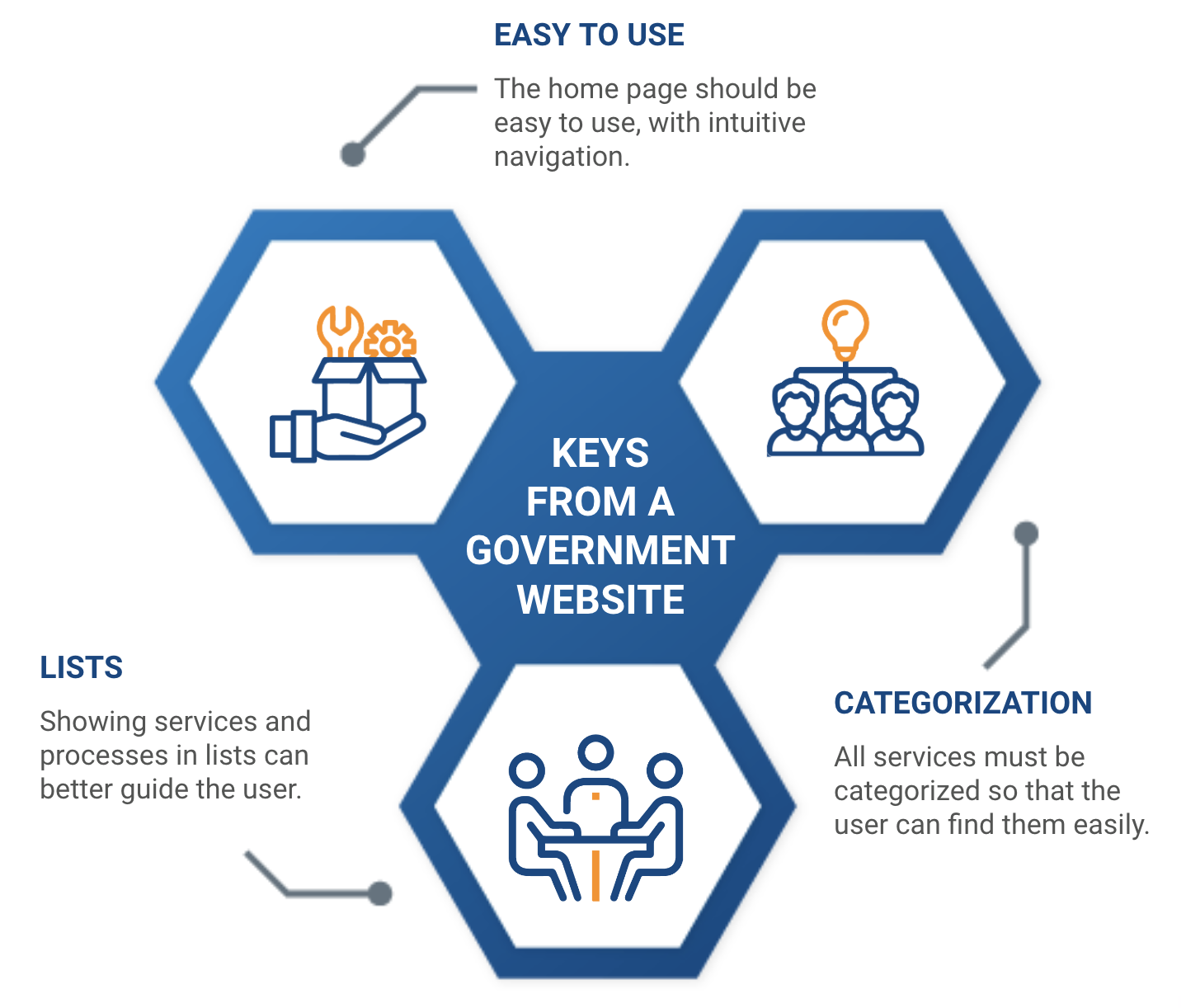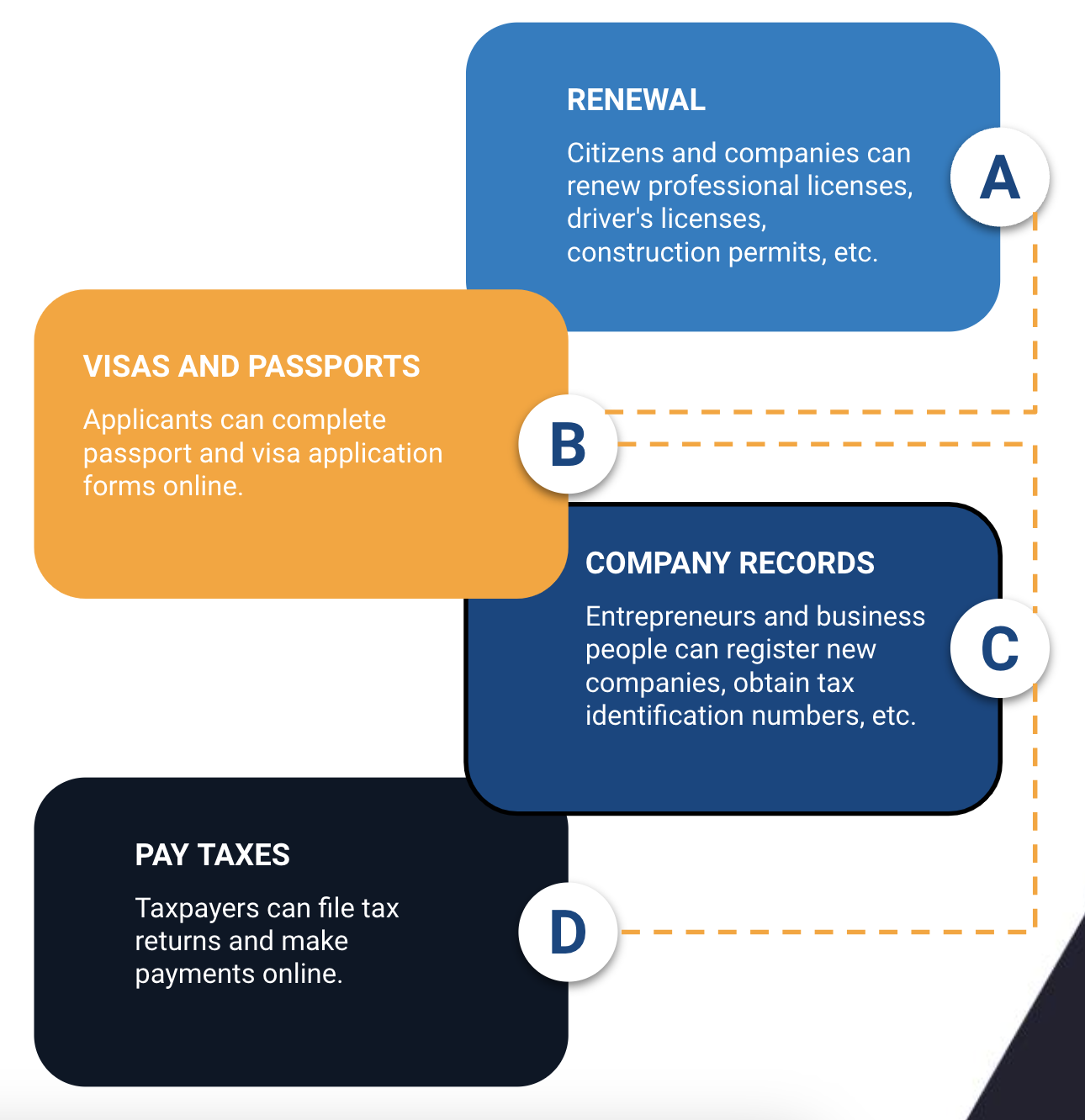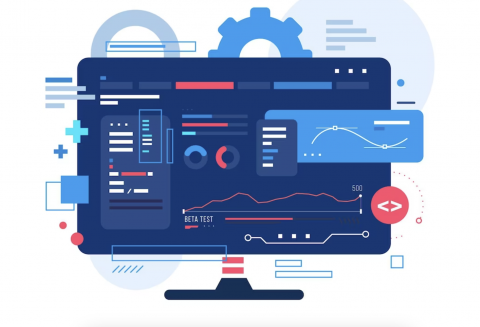
All industries and sectors are leveraging technology, including the government sector, to redefine and transform the way they are interacting with their citizens and delivering public services.
In an increasingly digitized world, technological advances have allowed government administrations to streamline their internal processes, improve transparency and efficiency in the delivery of services, and strengthen citizen participation.
From the automation of red tape to the implementation of online portals for access to public information, technology is democratizing access to government information and empowering citizens to actively participate in political decision-making.
Precisely in this article we will address this topic: how the implementation of different technological solutions has allowed government institutions to improve not only the attention they provide to the public but also the internal management of their processes.
Importance of government websites in the digital age
In the digital age in which we live, government websites have become fundamental pillars of the relationship between the government and its citizens. These online platforms not only offer quick and convenient access to government information, but also play a crucial role in improving citizen service and the efficiency of public administration.
In this context, government websites stand as essential tools that empower citizens by providing access to vital information, facilitating interaction with the government, and promoting transparency and active participation in democratic decision-making.
“Citizens use information websites to collect information on administrative processes, which can sometimes be complex. Therefore, it is essential to keep the website simple and easy to understand and navigate. The structure of the information website, the choice of home page design and the robustness of the search tool can guarantee that the user experience is fluid”, they explained in this regard in an article to the OECD specialized bookstore.
In addition, they offer these recommendations when creating a government website project:
- Easy to use home page so the user can quickly find what they are looking for.
- List of services offered by the platform.
- Visual icons on the procedure/service available for faster identification.
- Processes/services categorization to facilitate navigation.
- Use simple language for the citizen, that is familiar to him, avoid technical language.
- “Search” function must be clearly presented in the structure of the website.
- The contact and address information must be in an easy place to locate within the home page.
- The page must have a multilanguage option so that it can also be used by foreigners looking for information.

“The use of a web page has many advantages: it is a less expensive way to disseminate information and publish materials; it is a faster means of communicating and getting materials available; provides versatility (and at a lower cost) to meet accessibility standards”, they added in an article from Michigan State University.
What can a government website offer citizens?
Through government websites, a wide variety of common services can be efficiently managed, simplifying procedures and reducing bureaucracy. Here are examples of some of these services:
Renewal of licenses and permits
Citizens and companies can renew professional licenses, driver's licenses, construction permits, among others, through government websites. This avoids the need to visit physical offices and saves time.
Application for passports and visas
Applicants can complete passport and visa application forms online, schedule appointments for consular interviews, and track the status of their applications.
Business registration
Entrepreneurs and business people can register new companies, obtain tax identification numbers and file business documents, all online. This streamlines the business startup process.
Tax payment
Taxpayers can file tax returns, calculate amounts owed, and make payments online through government platforms, making tax compliance easier.
Medical appointments and access to health records
Government healthcare systems allow patients to schedule medical appointments, access their electronic medical records, and request prescriptions online.
Application for Grants and Funding
Nonprofit organizations and businesses can apply for grants and government funding through online platforms.
Vehicle registration
Vehicle owners can renew registrations, transfer titles and pay traffic tickets online.

Complaints and reports
Citizens can file complaints about public safety problems, environmental incidents, and other issues through government websites.
Follow-up of procedures
Applicants can track the status of their paperwork and applications online, giving them visibility into progress and wait times.
Requests for official documents
Citizens can request copies of birth, marriage, death certificates and other official documents online.
These examples demonstrate how government websites have simplified and streamlined a wide range of services, benefiting both citizens and government administrations by reducing the administrative burden and improving efficiency in the delivery of public services.
Recommended practices to guarantee confidentiality on a government website
- Strong security measures, such as data encryption, firewalls, and two-factor authentication, must be implemented to protect information stored and transmitted through the platform.
- Ensure that the website complies with applicable data privacy regulations, such as the General Data Protection Regulation (GDPR) in Europe or the Health Insurance Portability and Accountability Act (HIPAA) in the United States.
- Publish clear and accessible privacy policies that explain how user information is collected, used and protected. Citizens must have the ability to give their informed consent.
- Allow website users to access and control their personal data, including the ability to update or delete information if they wish.
- Obtain the explicit consent of users before collecting or using any personal information. This is especially important in the case of sensitive data.
These examples demonstrate how government websites have simplified and streamlined a wide range of services, benefiting both citizens and government administrations by reducing the administrative burden and improving efficiency in the delivery of public services.
Do you need to develop a government website? We have the team of developers that your project needs, Rootstack has +12 years of experience. Contact us!


